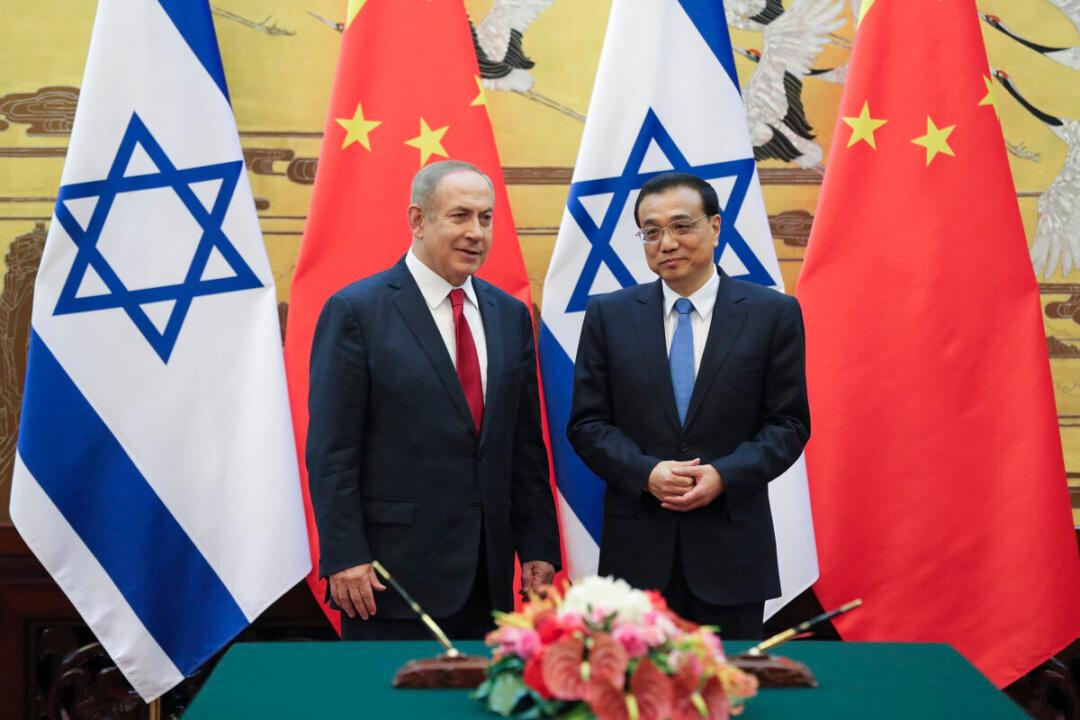Israel is facing a crossroads in moving away from the Chinese Communist Party (CCP) and enhancing its relationship with Taiwan, as Jacob Nagel and Mark Dubowitz recently suggested in an article published in The Jerusalem Post on August 9.
Titled “Time for Israel to pivot away from Beijing,” the article said Israel should send an explicit signal that it will stand firm with the United States even though it cannot play a direct role in the U.S.-China conflict.





